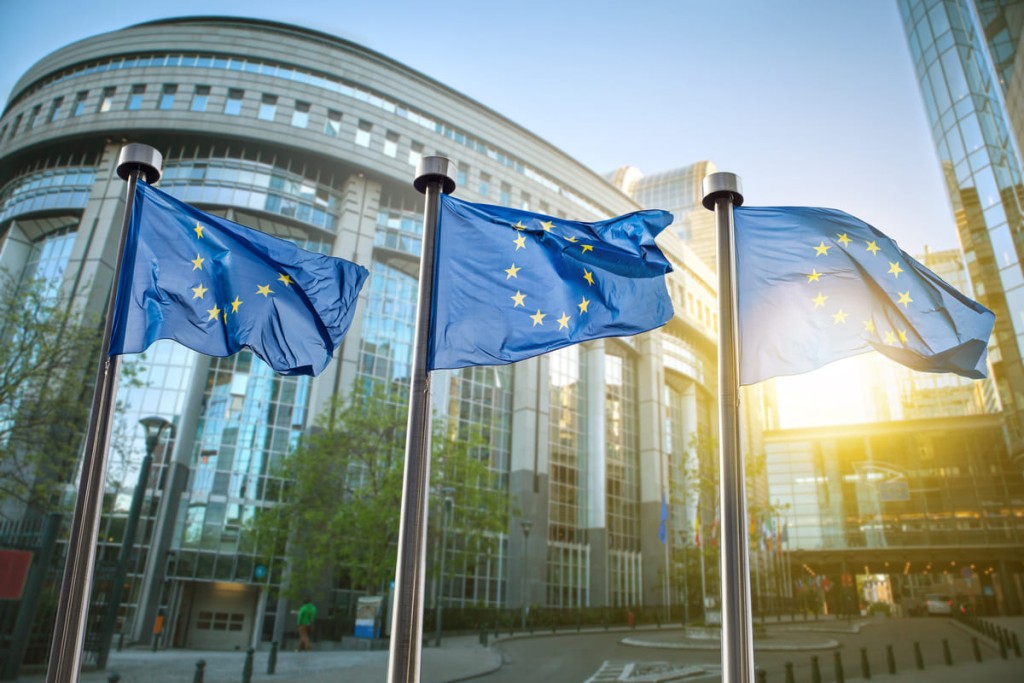
TSE proposes rules for the use of artificial intelligence in electoral advertising
*This is an AI-powered machine translation of the original text in Portuguese.
** Originally published in Jornal USP.
The use of artificial intelligence in electoral advertising will have rules proposed by the Superior Electoral Court and discussed in a public hearing later this week by the plenary of the Court. In the draft, the Court suggests prohibiting content created with AI and penalizing cases of dissemination of untrue or contextualized facts.
Professor Juliano Maranhão, from the Department of Philosophy and General Theory of Law at the Faculty of Law (FD) of the University of São Paulo, discusses rules for artificial intelligence in the context of electoral campaigns. He explains that, despite the draft being extensive, around 150 pages, the rules regarding the use of AI are in a few articles, highlighting two concerns.
PROPOSALS AND OBJECTIVES
According to the expert, deepfakes, manipulation of audio and video aiming to distort reality, are one of the concerns since they can fabricate scandals close to elections, creating an imbalance in contested candidacies. "The second concern relates to the targeting of personalized content, which can also persuade voters, especially when accompanied by misinformation," he says.
According to Maranhão, the approach of the draft is appropriate, as it does not impose restrictions on the use of artificial intelligence itself but only prohibits the distortion of the disseminated content. In addition, transparency rules are established for the entire use of this technology.
The professor emphasizes: "I have seen a widespread alarm that can be counterproductive against artificial intelligence in general. This can give the impression that all content generated by it is malicious, which is not true." According to Maranhão, there should be a widespread but legitimate use of AI that can enhance speech fluency, add an image filter, or simply reduce campaign costs, which can be democratic.
Considering the transparency measure, which aims to require the use of an identifier in all content generated by the technology, the professor explains that there may be a general alarm, in the sense that all AI usage is negative. "This can create an environment in which opportunistic candidates, sometimes with true news brought by the press, can claim that certain information is fake news. An environment of total lack of control by the voter or society, with a lack of reference, is dangerous for elections, which can turn everything into a big lottery," the expert states.
LEGAL CERTAINTY
According to Juliano Maranhão, the TSE's reaction must be swift and effective, as the electoral period is short, and the legal deterrent tool is imposing penalties on candidates and parties using abusive content. However, he explains that punishment may occur later, after the consequences of this malicious use, as the dissemination of fake news is not directly done by the candidate but by third parties — making it difficult to detect the individual and not allowing a quick response.
In this scenario, the professor emphasizes the importance of convincing the reader through a partnership between fact-checking agencies, major digital platforms, the TSE, and the press, aiming to correct information and alert the public sphere. According to him, the role of the media is to clarify about this type of manipulation and its risks, so that the voter becomes more cautious when faced with false content and seeks to confirm the accuracy of the information before sharing it.
"This is important both from the perspective of bringing the truth but also in being careful not to echo and amplify the scandal regarding news created by fake news." He adds that it is crucial for the press to raise awareness among the population about the markers of AI use in content, warning that this is not directly related to false information. He concludes: "If the content generated by artificial intelligence is fantastic, it deserves greater care, fact-checking, by seeking fact-checking agencies to verify if that content actually corresponds to reality."



